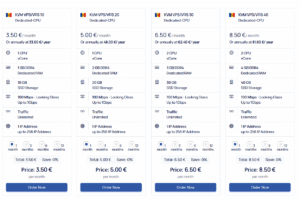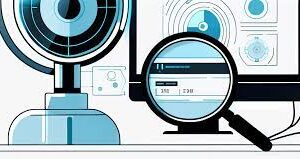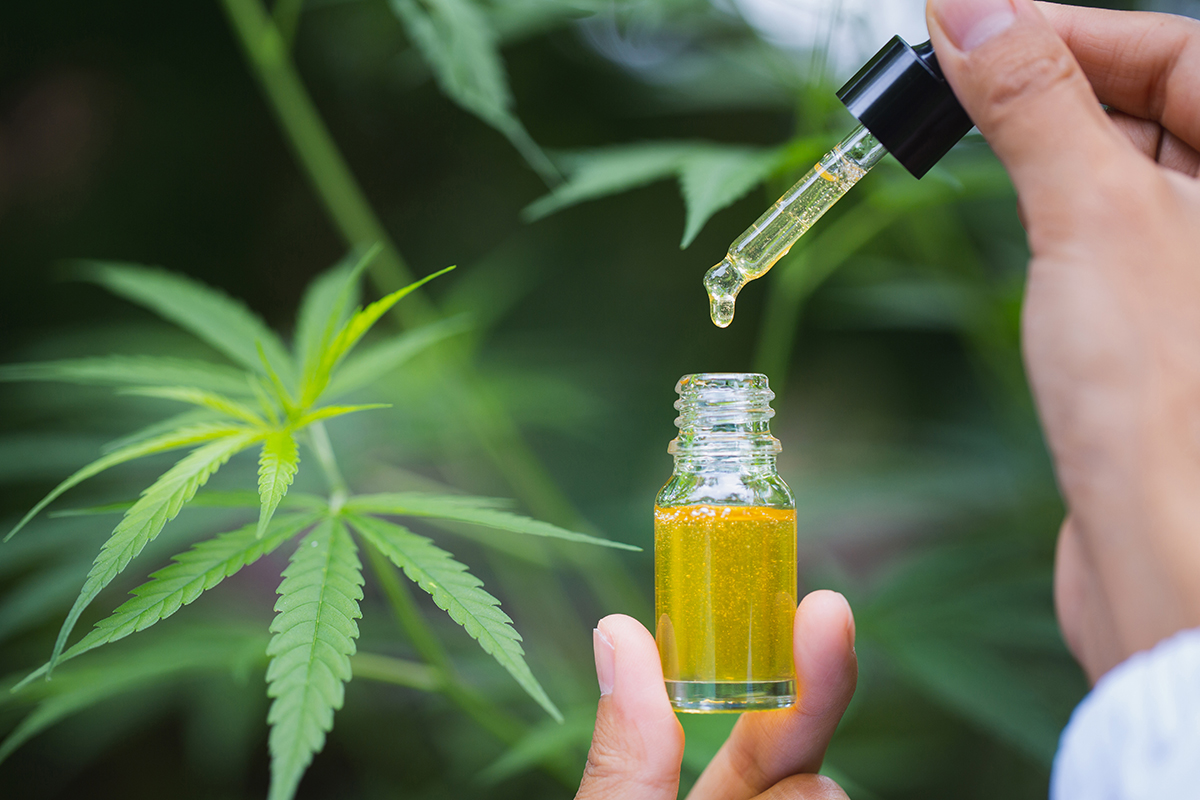
CBD, short for cannabidiol, has quickly become one of the most talked-about wellness products in recent years. Derived from the hemp plant, CBD is widely recognized for its potential to promote relaxation, support better sleep, and help manage everyday stress without the intoxicating effects associated with THC. As more people explore natural alternatives for health and well-being, interest in CBD continues to rise. However, with so many options available, beginners may feel overwhelmed when deciding where to start. If you’re looking to explore high-quality options, you can Buy CBD Products in Pinellas Park , but before you do, it’s essential to understand what to look for and how to choose safely. This guide is designed to help first-time users make informed decisions and feel confident about their CBD journey.
CBD: The Basics
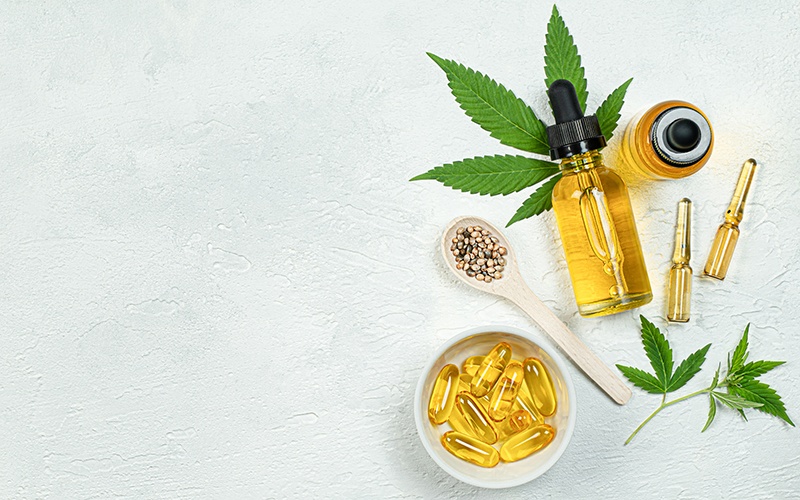
What Is CBD?
CBD, short for cannabidiol, is a natural compound found in the hemp plant, a member of the cannabis family. It belongs to a group of over 100 compounds known as cannabinoids, which interact with the body in unique ways. Unlike its cousin THC (tetrahydrocannabinol), CBD does not produce a “high” or intoxicating effect. Instead, it’s valued for its potential therapeutic benefits, such as supporting stress relief, aiding better sleep, and promoting a sense of calm and balance.
Because CBD is non-psychoactive, many first-time users feel more comfortable trying it compared to products containing THC. This makes it a popular choice for those who want to enjoy the potential health benefits of cannabis without the mind-altering effects.
CBD vs. THC: Key Differences
To understand CBD better, it’s important to compare it with THC, the compound most commonly associated with marijuana.
-
CBD (Cannabidiol):
-
Non-psychoactive (does not cause a high).
-
Widely used for wellness and therapeutic purposes.
-
Legal in many regions if derived from hemp (containing less than 0.3% THC in the U.S.).
-
-
THC (Tetrahydrocannabinol):
-
Psychoactive (causes a high or altered state of mind).
-
Often used recreationally, but also has medicinal applications.
-
Heavily regulated or illegal in many places.
-
This difference is one of the main reasons CBD has become so popular in the wellness industry — it allows people to explore the benefits of cannabis without breaking the law or experiencing unwanted side effects.
How Does CBD Work in the Body?
CBD’s effects may feel subtle, but they’re rooted in science. To understand how it works, we need to look at a fascinating part of the human body: the Endocannabinoid System (ECS).
The Endocannabinoid System (ECS) Explained
The ECS is a complex cell-signaling system found in all humans and many animals. Its main job is to help maintain balance (homeostasis) in the body. This system influences essential functions such as:
-
Mood and stress levels
-
Sleep cycles
-
Appetite and digestion
-
Pain and inflammation response
-
Immune system health
The ECS is made up of three main components:
-
Endocannabinoids – natural cannabinoids produced by our bodies.
-
Receptors – located throughout the body (CB1 in the brain and central nervous system, CB2 in the immune system and peripheral organs).
-
Enzymes – responsible for breaking down endocannabinoids after they’ve done their job.
How CBD Interacts with the ECS
Unlike THC, which binds directly to CB1 receptors in the brain (causing psychoactive effects), CBD interacts with the ECS in a more indirect way. Instead of attaching directly to receptors, CBD helps support and enhance the natural function of endocannabinoids already present in the body.
Some researchers suggest CBD may:
-
Prevent the breakdown of endocannabinoids, allowing them to work longer.
-
Influence non-cannabinoid receptors, like serotonin receptors, which play a role in mood and anxiety.
-
Promote overall balance in key systems, making it helpful for stress, sleep, and pain management.
Types of CBD Products
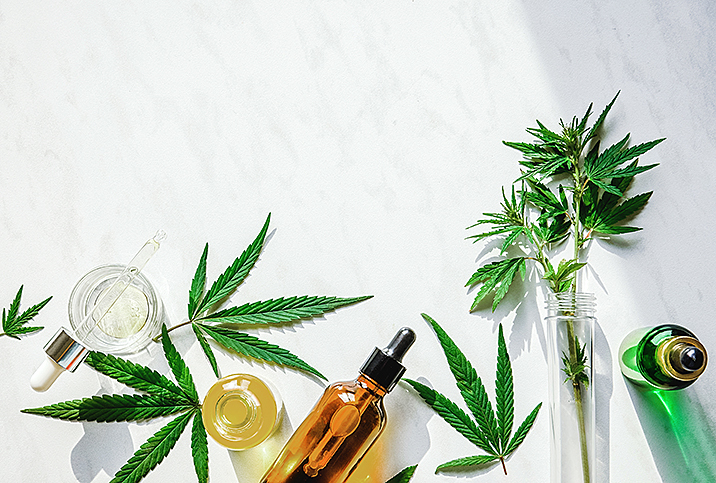
When it comes to trying CBD for the first time, one of the biggest questions is: which product should I start with? Since CBD is available in several forms, each offering a unique way to experience its benefits, it’s important to understand how they work before making a choice. Below are the most common types of CBD products beginners should know about.
CBD Oils and Tinctures
CBD oils and tinctures are among the most popular and beginner-friendly ways to use CBD. These products usually come with a dropper, allowing you to place a few drops under the tongue (sublingually).
-
Fast Absorption: By holding CBD oil under your tongue for 30–60 seconds, it enters your bloodstream quickly, typically within 15–30 minutes.
-
Precise Dosing: The dropper makes it easy to control how much CBD you take.
-
Flexible Use: You can take it directly or add it to food and drinks.
Why It’s Great for Beginners: Oils and tinctures give users full control over dosage and are fast-acting, making them an excellent starting point for those new to CBD.
CBD Edibles and Capsules
Edibles (like gummies, chocolates, or drinks) and capsules are another beginner-friendly option because they’re easy to take and discreet.
-
Convenience: No measuring or guessing — just take a gummy or capsule.
-
Discreet Use: Perfect for on-the-go lifestyles.
-
Longer-Lasting Effects: Since edibles pass through the digestive system, they may take 30–90 minutes to kick in but often last 6–8 hours.
Why It’s Great for Beginners: Edibles and capsules are simple, familiar, and require no special instructions, though patience is needed since effects take longer to appear.
CBD Topicals
Topical CBD products include creams, lotions, balms, and even roll-ons. Instead of entering the bloodstream, they are applied directly to the skin.
-
Localized Relief: Best for targeting specific areas such as sore muscles, stiff joints, or dry skin.
-
Variety of Options: From skincare to sports balms, topicals come in many forms.
-
No Ingestion Required: You don’t have to swallow or inhale anything.
Why It’s Great for Beginners: Ideal for those who want the potential benefits of CBD without taking it internally. Great for athletes or anyone dealing with targeted discomfort.
CBD Vapes
CBD vape pens and cartridges deliver CBD by inhalation. This is the fastest way to feel the effects of CBD, often within minutes.
-
Instant Results: Absorbs quickly through the lungs.
-
Customizable Experience: Comes in different flavors and strengths.
-
Shorter Duration: Effects wear off faster (2–3 hours).
Health Considerations: Vaping is not recommended for everyone, especially individuals with lung or respiratory concerns. It’s best to research safe products and consult a healthcare professional before choosing this method.
Full-Spectrum vs. Broad-Spectrum vs. Isolate
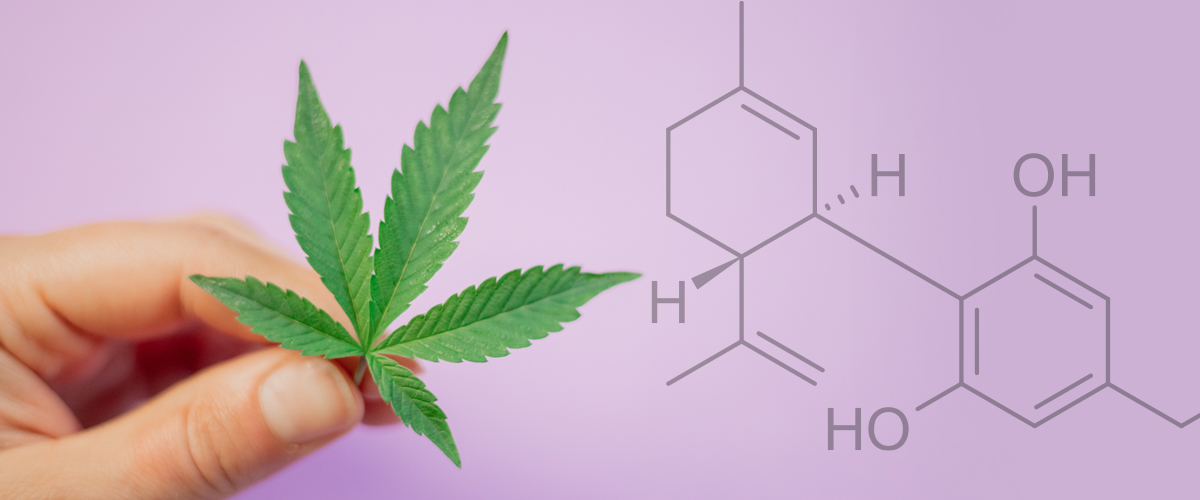
When shopping for CBD, you’ll often come across terms like full-spectrum, broad-spectrum, and CBD isolate. These refer to the different types of CBD extracts available, and understanding the difference can help beginners choose the product that best fits their needs.
Full-Spectrum CBD
Full-spectrum CBD contains all the naturally occurring compounds found in the hemp plant, including:
-
Cannabinoids (CBD, trace amounts of THC, CBN, CBG, etc.)
-
Terpenes (aromatic compounds that may have wellness benefits)
-
Flavonoids (plant compounds with antioxidant properties)
Because it includes a small amount of THC (usually less than 0.3%), full-spectrum CBD may provide the “entourage effect.” This is the idea that cannabinoids and terpenes work better together than when used alone.
Pros:
-
May deliver stronger and more balanced effects due to the entourage effect.
-
Often considered the most “natural” form of CBD.
-
Popular choice for those seeking maximum potential benefits.
Cons:
-
Contains trace THC, which may show up on drug tests.
-
Not ideal for people sensitive to THC.
-
Heavier regulations in certain regions.
Broad-Spectrum CBD
Broad-spectrum CBD also contains multiple cannabinoids and terpenes, but with one key difference: THC is completely removed.
This makes broad-spectrum a middle ground between full-spectrum and isolate, offering many of the same potential benefits without the concern of consuming THC.
Pros:
-
Provides the entourage effect without THC.
-
Safer option for people who want to avoid THC for legal, professional, or personal reasons.
-
Good balance of effectiveness and peace of mind.
Cons:
-
May not be as strong as full-spectrum since THC is removed.
-
Can sometimes be more expensive due to extra processing.
CBD Isolate
CBD isolate is the purest form of CBD, containing 99% or more cannabidiol with no other cannabinoids, terpenes, or plant compounds.
It’s completely free of THC and often comes in a powder or crystal form, though it’s also used in oils, edibles, and capsules.
Pros:
-
Zero THC — completely safe for drug testing.
-
Great for beginners who want to test CBD alone.
-
Often tasteless and odorless, making it easy to mix into foods or drinks.
Cons:
-
No entourage effect since it lacks other cannabinoids.
-
May require higher doses to achieve the same effects as full- or broad-spectrum CBD.
Factors to Consider Before Choosing CBD
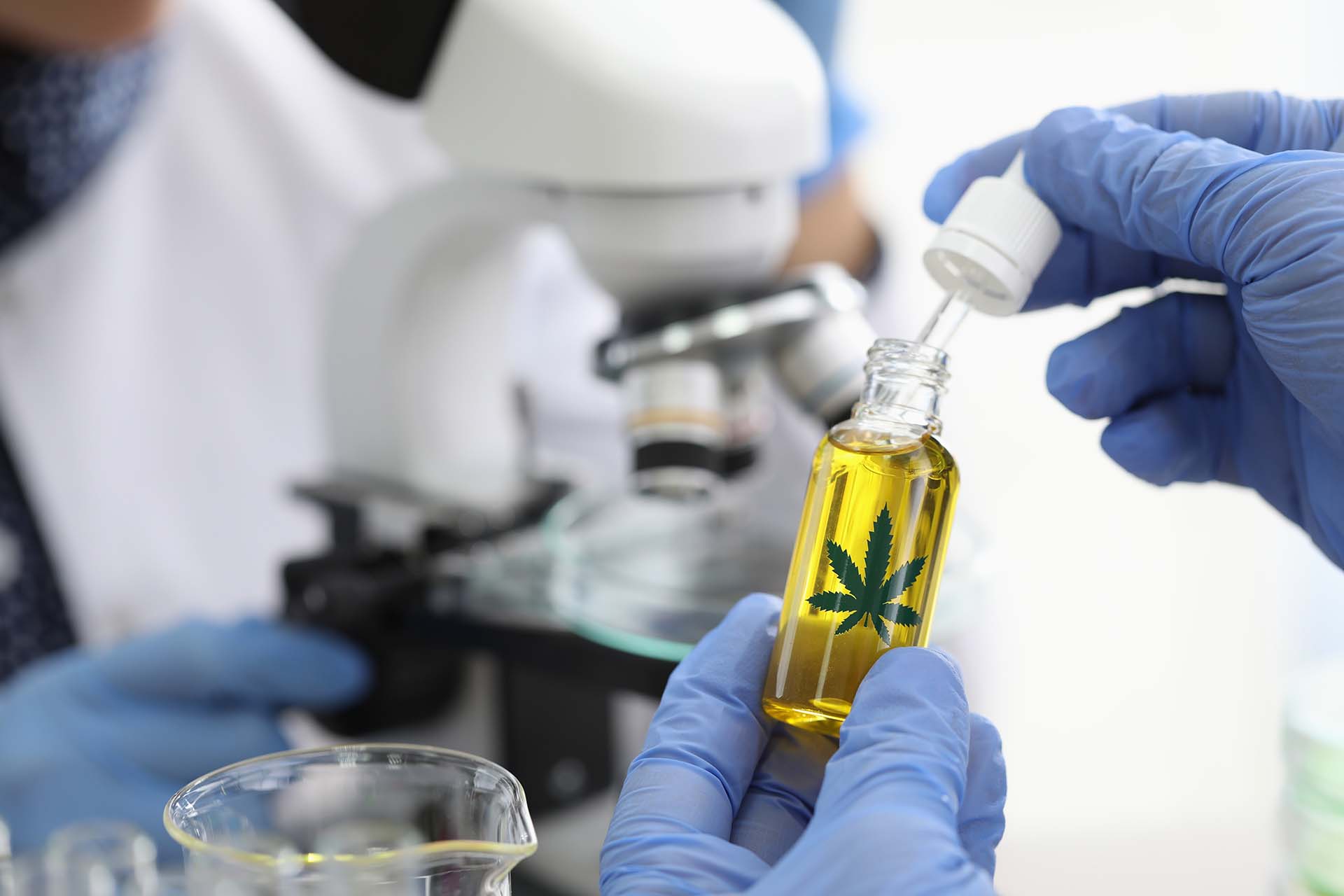
With the growing popularity of CBD, the market is full of options — but not all products are created equal. For first-time users, choosing the right CBD requires more than just picking a brand at random. Here are the key factors to consider before making your first purchase.
Quality and Lab Testing
One of the most important things to check before buying CBD is its quality and safety. Reputable brands provide third-party lab reports, also called Certificates of Analysis (COAs).
-
Why It Matters: These reports confirm that the product contains the amount of CBD advertised and is free from harmful substances like pesticides, heavy metals, or solvents.
-
What to Look For:
-
Clear information on CBD and THC content.
-
Proof of testing for contaminants.
-
Easily accessible lab reports (usually on the brand’s website).
-
Dosage for Beginners
Finding the right dosage is often one of the biggest challenges for first-time CBD users. Unlike over-the-counter medicines, there’s no “one-size-fits-all” dose.
-
Start Low, Go Slow: Begin with a small dose (such as 5–10 mg) and gradually increase until you find the right balance.
-
Factors That Influence Dosage:
-
Body weight (heavier individuals may need slightly higher doses).
-
Product strength (oils and tinctures often list milligrams per serving).
-
Desired effects (relief from stress vs. sleep support vs. localized discomfort).
-
Legality and Regulations
CBD laws vary significantly depending on where you live. While hemp-derived CBD (with less than 0.3% THC) is legal in many places, some regions have stricter rules.
-
Check Local Laws: Always verify whether CBD is legal in your state or country before purchasing.
-
Travel Restrictions: Some airports and countries may confiscate CBD products, even if they’re THC-free.
Source of Hemp
The quality of CBD starts with the hemp plant itself. Since hemp absorbs everything from the soil (good and bad), the source matters a lot.
-
Best Sources: Organic hemp grown in the U.S. or the European Union, where strict farming regulations are in place.
-
What to Avoid: Products made from low-quality hemp grown in unregulated regions, as they may contain pesticides or heavy metals.
Potential Benefits and Side Effects of CBD

Before trying CBD, it’s important for first-time users to understand both its potential benefits and its possible side effects. While many people find CBD helpful for wellness, results can vary from person to person, and it’s always best to approach it with realistic expectations.
Possible Benefits of CBD
Stress and Anxiety Relief
One of the most common reasons people turn to CBD is for its calming properties. Early studies suggest that CBD may interact with serotonin receptors in the brain, which play a role in mood regulation. Many users report feeling more relaxed and less overwhelmed after using CBD, making it popular for stress management and social anxiety.
Pain Management
CBD may also support relief from certain types of pain and inflammation. Research indicates that it can influence how the body perceives pain by interacting with the endocannabinoid system (ECS). Athletes and individuals with joint discomfort often use CBD topicals for targeted relief, while oils or edibles may help with more general discomfort.
Better Sleep Support
Sleep issues, such as difficulty falling asleep or staying asleep, are another area where CBD may help. By promoting relaxation and reducing stress, CBD can make it easier for the body to unwind. Some users also combine CBD with melatonin or calming herbs for a stronger sleep-support formula.
Possible Side Effects of CBD
While CBD is generally considered safe, beginners should be aware of some mild side effects that can occur, especially when starting with higher doses.
-
Dry Mouth: CBD may reduce saliva production, leading to a cotton-mouth feeling.
-
Dizziness or Fatigue: Some people feel lightheaded or sleepy, particularly with larger doses.
-
Digestive Issues: In rare cases, CBD may cause mild nausea or changes in appetite.
-
Medication Interactions: CBD can interact with certain prescription medications, such as blood thinners or drugs that affect liver enzymes. This is why consulting with a healthcare professional before use is recommended.
Tips for First-Time CBD Users
Starting your CBD journey can feel overwhelming with so many products and brands on the market. To make the experience easier and safer, here are some practical tips every beginner should follow.
Research the Brand Before Buying
Not all CBD brands are created equal. Some companies cut corners or sell low-quality products that may not deliver the results you’re looking for.
-
Look for brands that are transparent about their sourcing and production methods.
-
Choose companies that provide third-party lab test results.
-
Check whether the brand highlights important details such as hemp origin, extraction method, and CBD type (full-spectrum, broad-spectrum, or isolate).
Read Reviews and Customer Feedback
Customer reviews can give you a real-world sense of how a product works.
-
Look for verified reviews on the company’s website, social media, or trusted third-party platforms.
-
Pay attention to patterns in feedback — if multiple people mention similar benefits (like better sleep or reduced stress), the product may be consistent.
-
Watch out for reviews that sound fake, overly promotional, or identical across products.
Stick to Reputable Sources
It may be tempting to grab the cheapest CBD product online, but quality and safety should come first.
-
Buy only from licensed retailers, health stores, or official brand websites.
-
Avoid purchasing CBD from random marketplaces or unverified sellers where product quality is uncertain.
-
Reputable sources often provide educational resources, FAQs, and customer support to guide new users.
Track Your Dosage and Effects in a Journal
CBD affects everyone differently, depending on factors like body weight, metabolism, and sensitivity. Keeping track of your experience helps you discover what works best for you.
-
Write down the product type, dosage, and time of use.
-
Note how you feel before and after taking CBD (calm, sleepy, energized, etc.).
-
Adjust slowly over time until you find your “sweet spot.”
Conclusion
For first-time users, navigating the world of CBD may seem overwhelming, but having the right information makes the journey much smoother. We’ve covered the basics of what CBD is, the different product types, how to distinguish between full-spectrum, broad-spectrum, and isolate, and the key factors to look for before making a purchase. We also explored CBD’s potential benefits, possible side effects, and shared practical tips to help beginners start safely and confidently.
FAQs
1. Is CBD legal everywhere?
The legality of CBD depends on where you live. In the U.S., hemp-derived CBD with less than 0.3% THC is federally legal, but some states have stricter rules. Always check your local laws before buying or traveling with CBD.
2. Will CBD make me feel high?
No. CBD is non-psychoactive, which means it does not produce the “high” associated with THC. Instead, many people experience a sense of relaxation, calm, or improved focus.
3. How long does it take for CBD to work?
It depends on the product type and your body. Oils and vapes can take effect in 15–30 minutes, while edibles and capsules may take 30–90 minutes since they pass through the digestive system. Topicals work locally on the skin.
4. What’s the best CBD dosage for beginners?
There’s no universal dose, but the general advice is to start low and go slow. Beginners often start with 5–10 mg of CBD per day, then gradually increase until they find the right amount for their needs.
5. Can CBD interact with medications?
Yes. CBD may interact with certain prescription drugs, especially those processed by the liver (such as blood thinners). That’s why it’s important to consult a healthcare professional before using CBD if you’re on medication.


